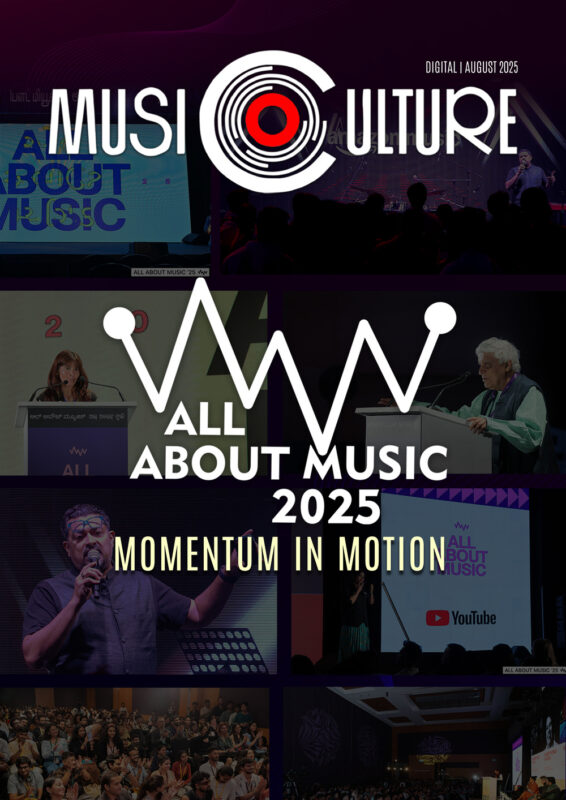Digital Cover
August 2025: AAM 2025: Momentum in Motion — AI, Virtual Concerts & North-East Beats Chart the Future
Mumbai’s Grand Hyatt turned into a bustling nexus of music, tech, and culture between August 20 and 22, 2025, as All About Music (AAM) delivered its ambitious ninth edition under the energizing theme “Momentum – Turning Moments into Movements.” The event unfolded as a three-day extravaganza of keynotes, panels, masterclasses, workshops, and networking, all amplifying the pulse of India’s evolving music landscape.
The conference commenced with an opening speech by Chandni Soni, Business Head of Create and Collab, who set a forward-driving tone for the days ahead. In his keynote, Vikram Mehra, Managing Director of Saregama India, delved into the ever-evolving contours of India’s music industry, where nostalgia meets innovation, and tradition dances with disruption. The symbolism was complete when legendary lyricist Javed Akhtar urged the audience to preserve Indian music’s legacy by making it relevant for newer generations. His poignant request did more than highlight a concern; it reminded attendees that heritage is not a burden to carry but a source of every movement’s momentum.
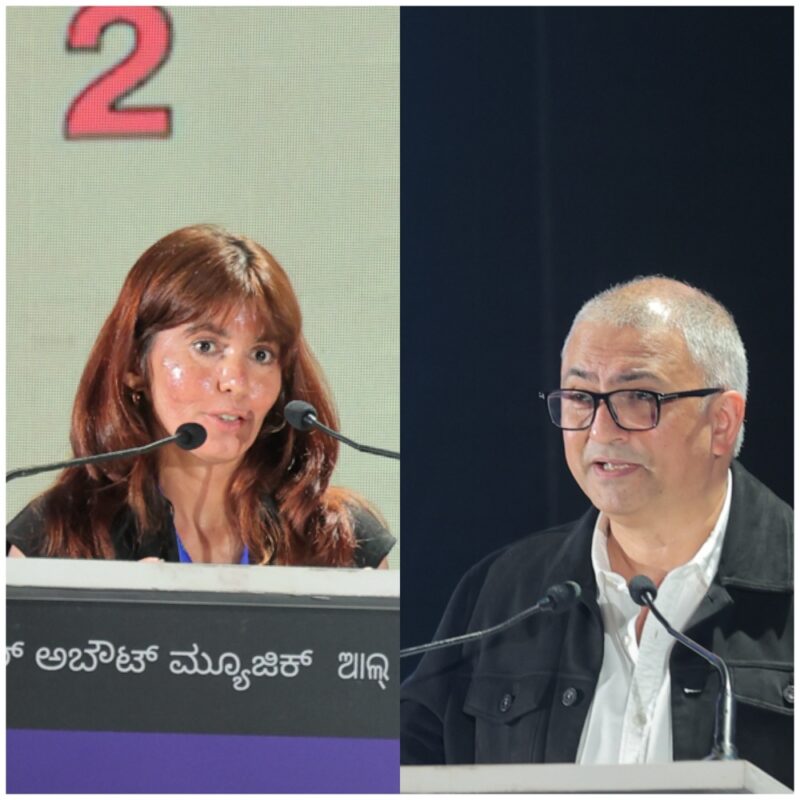
The global potential of Indian music was underscored by Victoria Oakley, CEO of IFPI, who stressed India’s inclusion in the global charts and the need for governmental support, much like South Korea’s endorsements for K-pop. Her ambitious vision mirrored the show’s overarching message: India’s music moment is here, and it is scalable. Meanwhile, singer Sid Sriram, speaking in a candid conversation about genre crossovers, charged the audience to look beyond binary labels. He reminded artists that music isn’t a matter of “Indian” or “Western,” but is inherently international, encouraging them to explore authenticity rather than category.
Workshops quickly proved to be more than educational, they were transformative. Sunny MR, leading “The Art of Vocal Production,” emphasized how shorter song formats today are enabling producers to get more creative, more experimental, and more connected with evolving tastes.
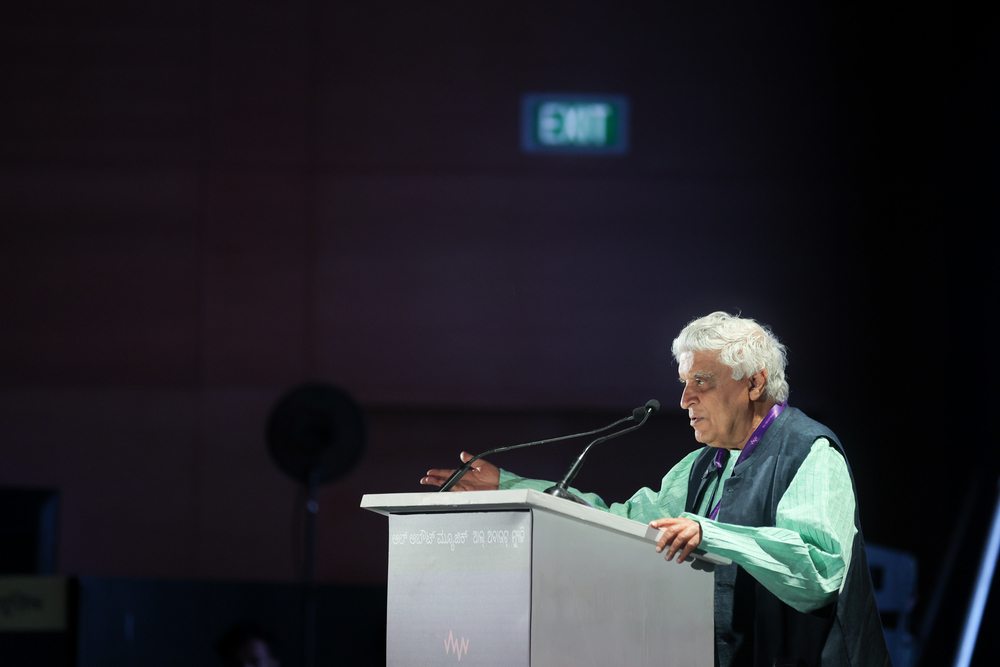
The final day unfolded with equal vibrancy, introducing fascinating global perspectives. Paul Pacifico, CEO of Saudi Arabia’s Music Commission, traced the country’s journey from a live-show ban in 2017 to today, when festivals, including hip-hop and jazz performances and even Eminem, are stirring a creative revival. His narrative was more than geopolitical—it was aspirational, an invitation for India to recognize how cultural shifts can be architected through strategic support.
Ask Me Anything saw Devraj Sanyal, Chairman & CEO, India SA, SVP Strategy AMEA, Universal Music Group, Aayushman Sinha, Founder & CEO – REPRESENT, and Alaap Gosher, Co-Founder & Director – TM Ventures answer some of the most intriguing questions from the attending artists, delegates, students and more. This one and a half hour of QnA summed up the essence of All About Music 2025, which is openness, truthfulness, honesty and impact. One of the statements that left an indelible impact on the listeners was from Devraj himself, when he said, “The number 1 quality we look in the artist is hustle, this is a business that requires you to do everything”. He also emphasised on the need of doing good work and the inherent democratic nature of the industry by saying, “Don’t wait for labels, let the labels come and find you, start releasing music on your own”. He further emphasised on the need to support the fraternity by not considering music for free. When he said, “Freemium can be used for sampling music by the listeners, but then we need to pay for music as a practice”, it hit home with a lot of artists, delegates and the listeners in general.
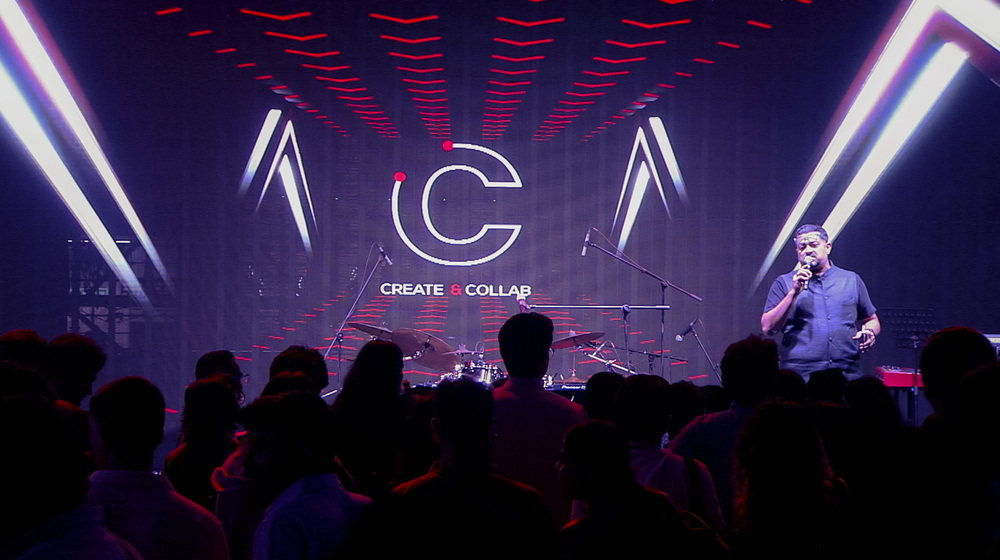
In a fireside chat titled Beyond the Mix: Immersive Audio, AI and Creator Rights, singer Ankur Tewari spoke candidly about artificial intelligence’s double-edged nature. He acknowledged AI’s enormous potential to save time and amplify creative output, but warned against complacency, reminding everyone about the importance of protecting human artistry. Poet-lyricist Swanand Kirkire added a philosophical edge, arguing that while AI itself cannot be owned, its consequences ripple across everyone who uses it, and that demands respect and regulation.
At the heart of cultural diversity, a spirited panel on The Cultural Renaissance of North-East India spotlighted the Rongali Festival’s power of fusion, where hip-hop meets ghazal, and regional folk coexists with rock. Shyamkanuu Mahanta emphasized how such festivals do more than entertain, they unify. Bringing regional identities to national attention, he asserted, is the highest form of nation-building, “North East festivals can attract a lot of people when we introduce ourselves as part of India,” he said.
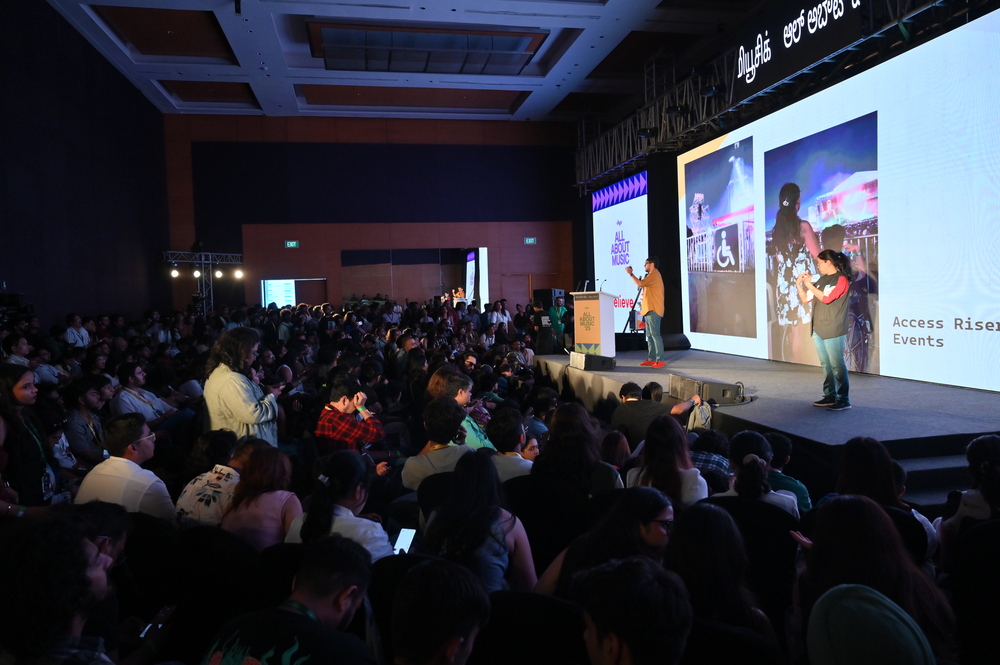
What emerges from AAM 2025 is not a fragmented collage of sessions, but a coherent narrative of progress. There were no flashy product launches or celebrity-only keynotes. Instead, the message was that culture, technology, and business, woven together, can drive music from fleeting moments into sustained movements. With almost 70% new faces over the 2024 edition, AAM is committed to reinvent and revitalise the voices from within the industry, for the industry.
Across sessions, inclusivity was not an afterthought, but an anchor. The festival showcased how India’s regional voices, from Tamil folk to Assamese rock, are not only being heard but celebrated on the global stage. AI, virtual concerts, and immersive experiences weren’t futuristic fantasies; they were mapped as tangible tools for tangible impact.
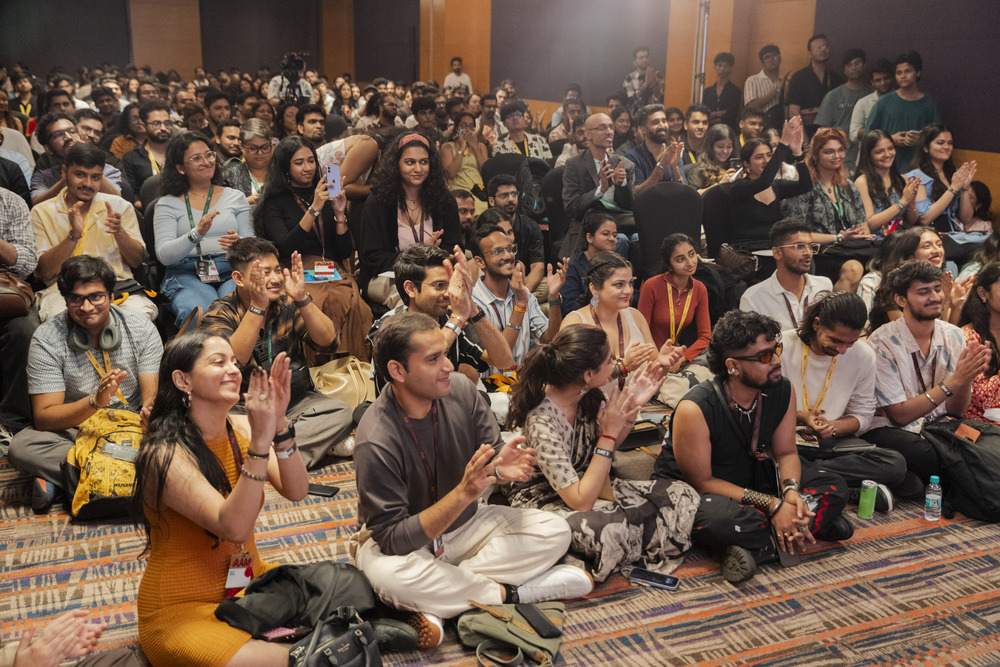
While “Pitch to Investors” is still evolving, its potential to open new doors for startups was widely acknowledged. Participants noted that with greater transparency on outcomes, such as whether startups secure funding, this initiative could become a real game-changer. Similarly, many felt that adding more concrete data, including streaming metrics, AI applications, and regional growth stats, would only strengthen the sessions, offering brands and stakeholders even sharper strategic clarity.
AAM 2025 succeeded where it mattered, by actively shaping the future instead of just talking about it. As one delegate perfectly puts it, “This doesn’t feel like a conference anymore, it feels like the beginning of a movement.” That may be the true measure of its success.
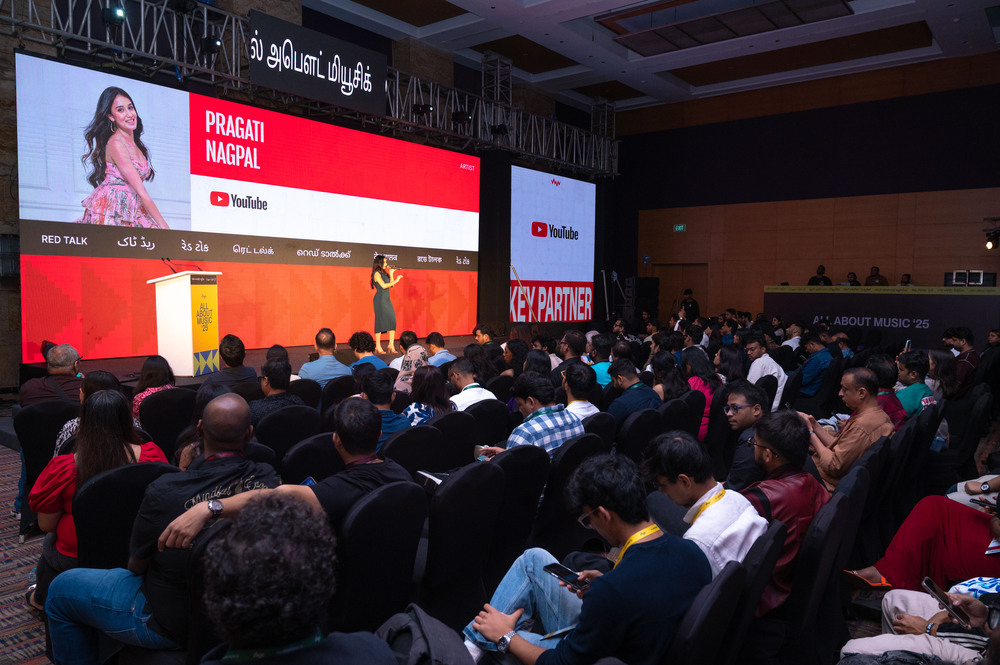
In a transformational moment for India’s music ecosystem, All About Music proved its relevance not just by volume, but by velocity too. It became more than a platform; it became a pulse. And in doing so, it validated the very principle at the conference’s core: when a moment gains momentum, it can truly become a movement.

